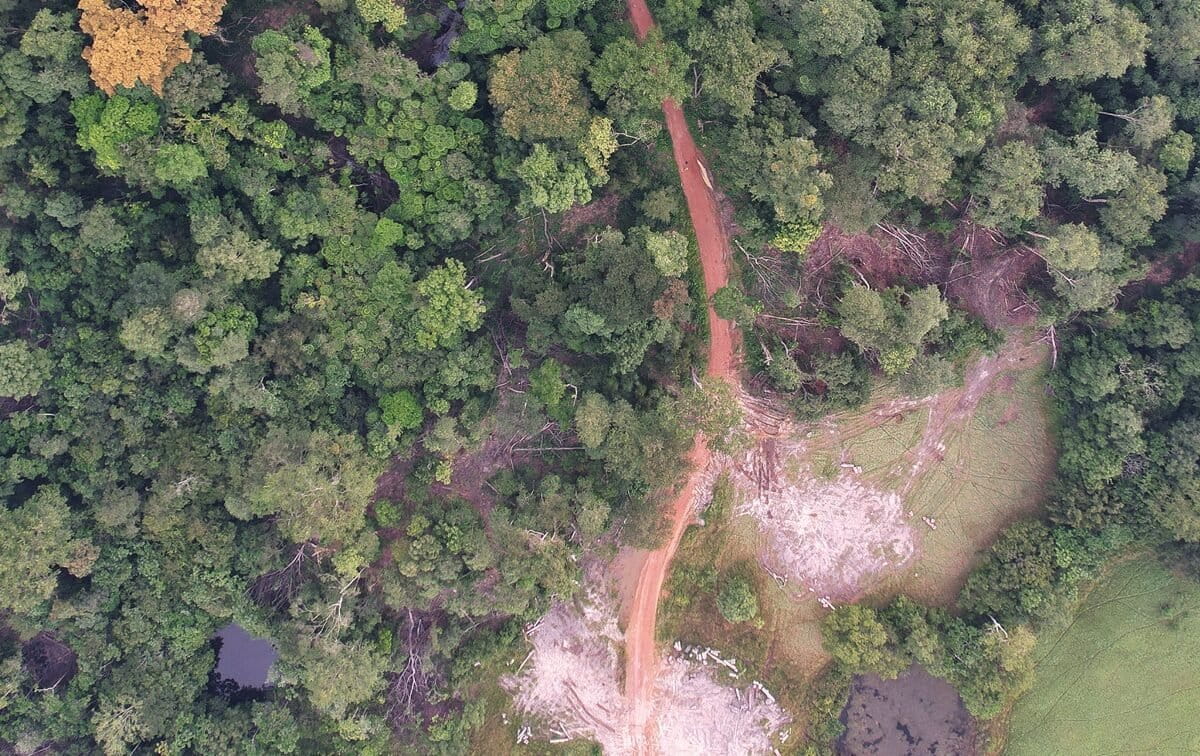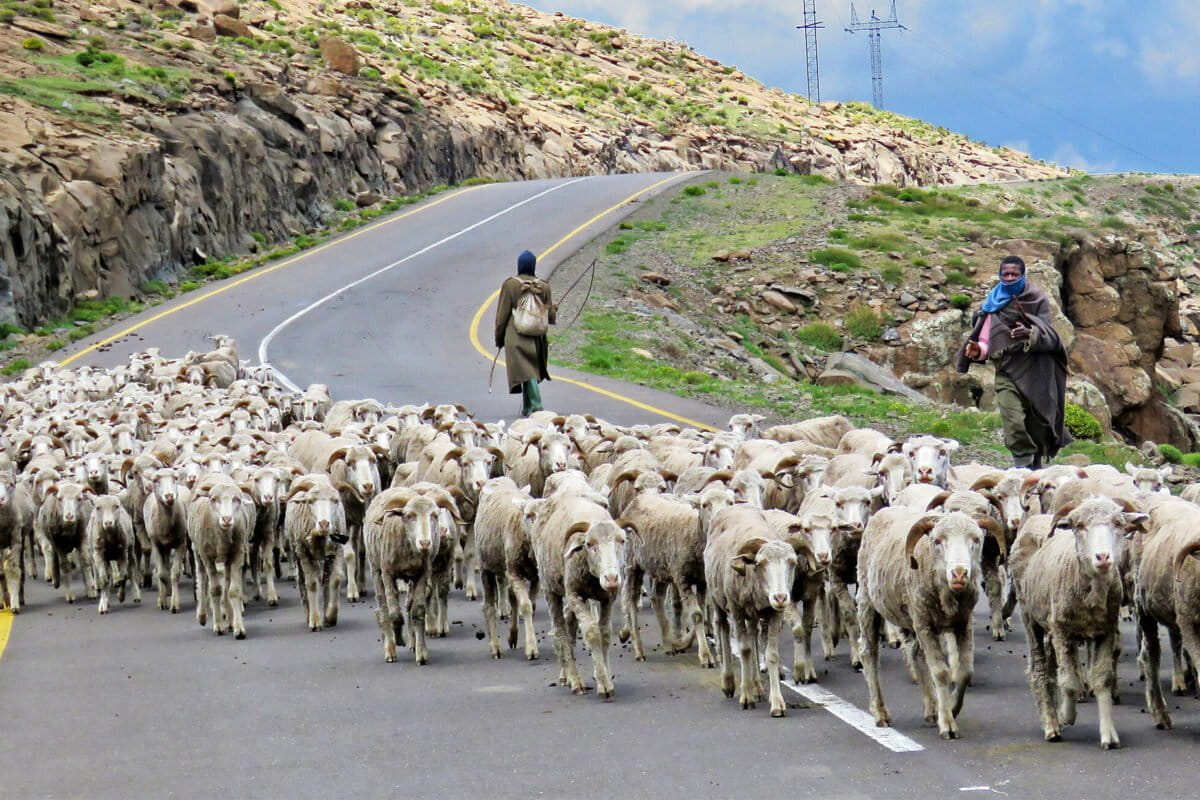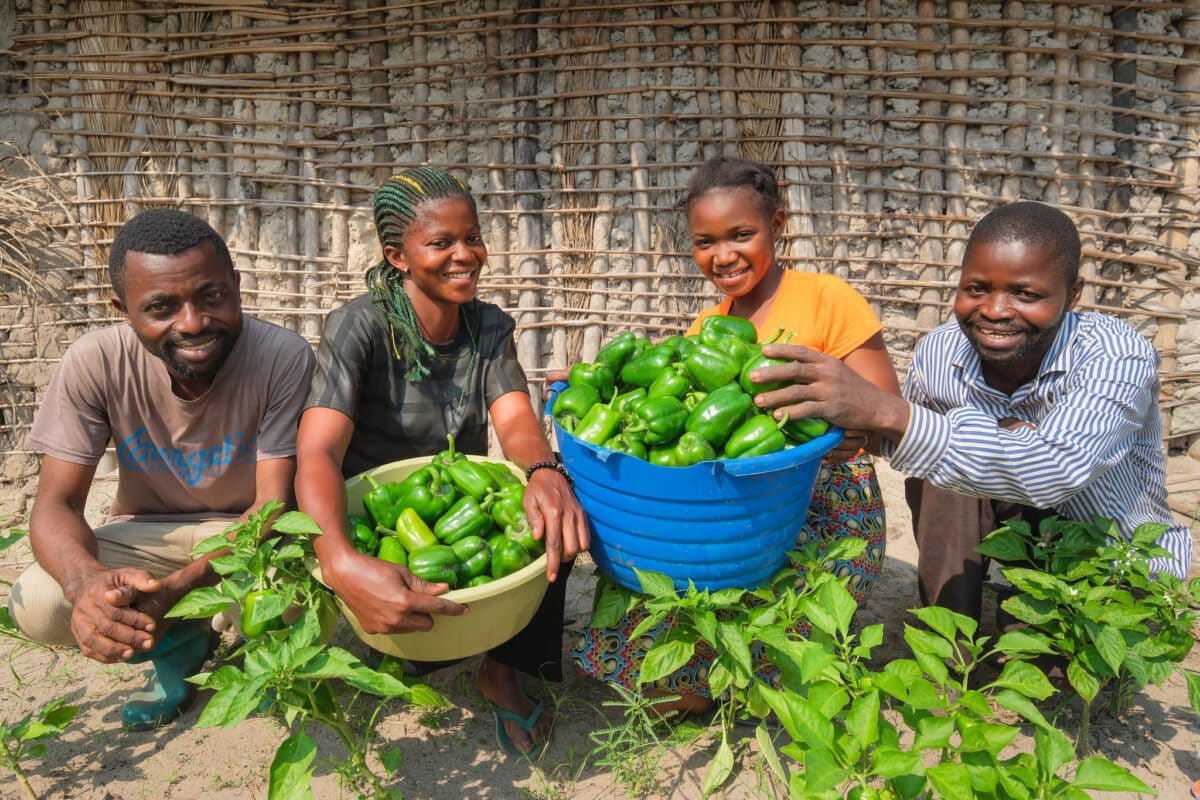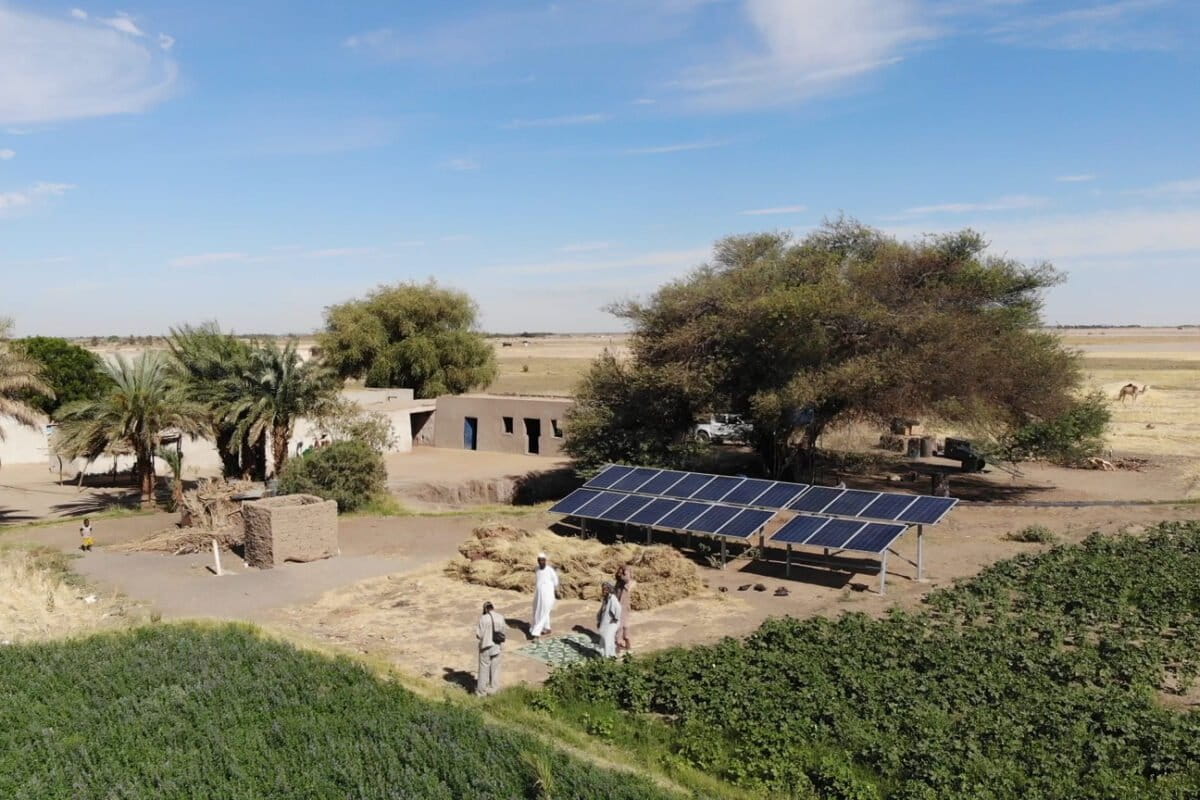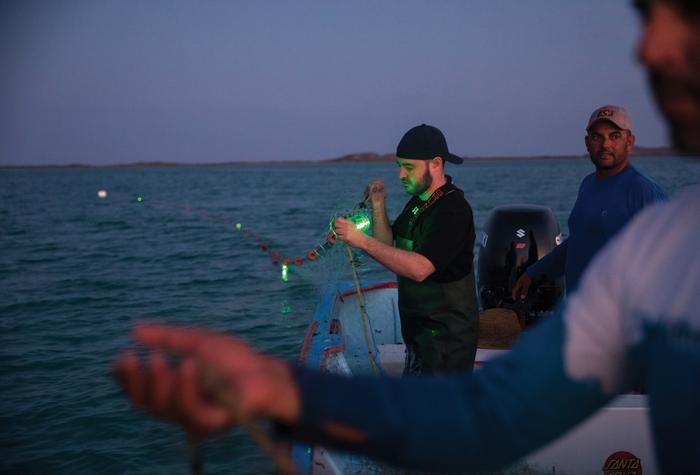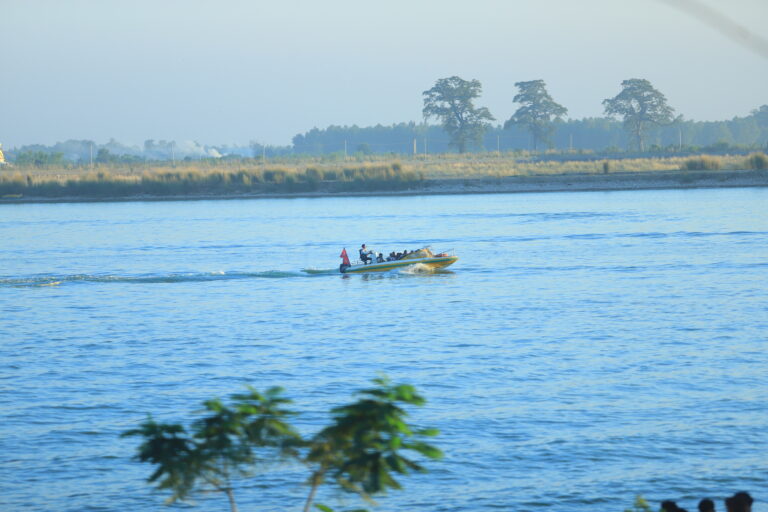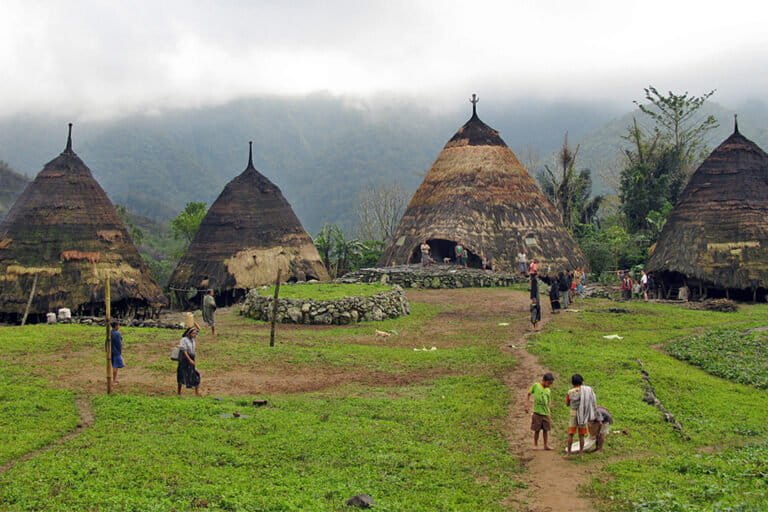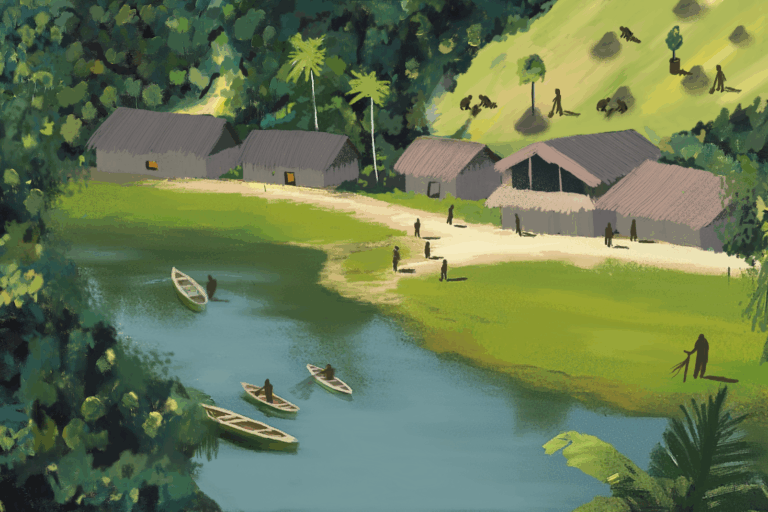With deforestation and declining biodiversity linked to emerging infectious diseases, one would think the world should look to science for answers. But Dr. Neil Vora, a former epidemic intelligence service officer with the U.S. Centers for Disease Control and Prevention (CDC), says art and philosophy are just as important.
In an episode of Mongabay’s weekly podcast called Newscast, Vora tells host Mike DiGirolamo that science will always be needed because of the need for facts. “But if we want to see societal transformation, we’re going to need people feeling inspired, and that’s where art and philosophy come in,” Vora says.
In their conversation, which aired in November 2024, Vora talks about how watching the film Outbreak made him fall “in love with the idea of wearing a hazmat suit and fighting dangerous diseases around the world.” After medical school, he joined the CDC and worked on various outbreaks from Ebola to poxviruses.
His other passion for nature and animals led him to join Conservation International, an NGO, a few years ago.
Although his first university degree was focused on biology and environmental science, his second major was international relations with a minor in philosophy. His initial plan was “to go into medicine to jointly advocate for human health and also for the environment,” he says.
“I had that idea from a very early stage in my education because I knew deep down that I just understood that human health cannot be separated from the health of animals and the environment,” he tells DiGirolamo.
Vora says appreciation for nature is like appreciation for art and philosophy. “Nature inspires art and philosophy, but we need to see beauty in the world. We need to feel awe and wonder,” he says.
The epidemiologist says he has a lot of hope for younger generations. “I see so much amazing creativity and people taking action,” he says.
He adds that people should “do a better job in supporting art and philosophy and storytelling around the world” and that scientists also need to be involved.
“Oftentimes scientists are encouraged just to stick to the facts and not to give value judgments. But there is a role for scientists and for scientists to engage in art and philosophy in helping to inspire people, inspire creativity,” he says in the podcast.
Citing an interview with botanist Robin Wall Kimmerer in The New York Times, Vora says he agrees with her that while Western sciences “have developed amazing ways to measure what is happening around us,” there are other ways to know the world, including through Indigenous knowledge systems.
“We have measured for many, many decades that the climate is changing, that we are having global warming, but that has not necessarily inspired action,” he points out.
Listen to the podcast: How nature protection and inspiring art are key to planetary health & preventing pandemics
Banner image of a rainforest in Borneo by Rhett A. Butler/Mongabay.



